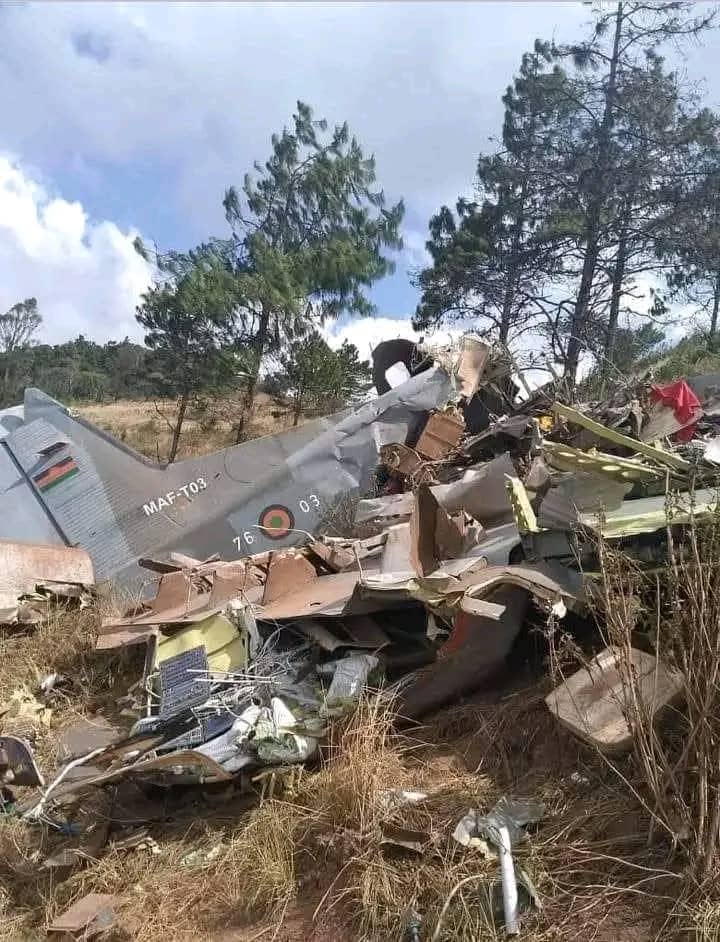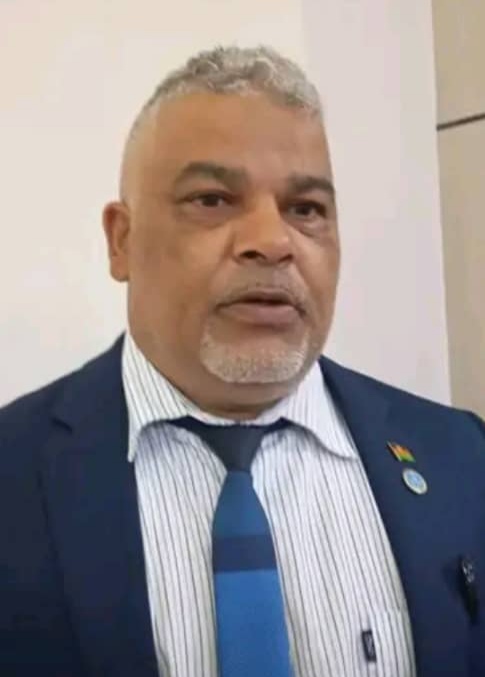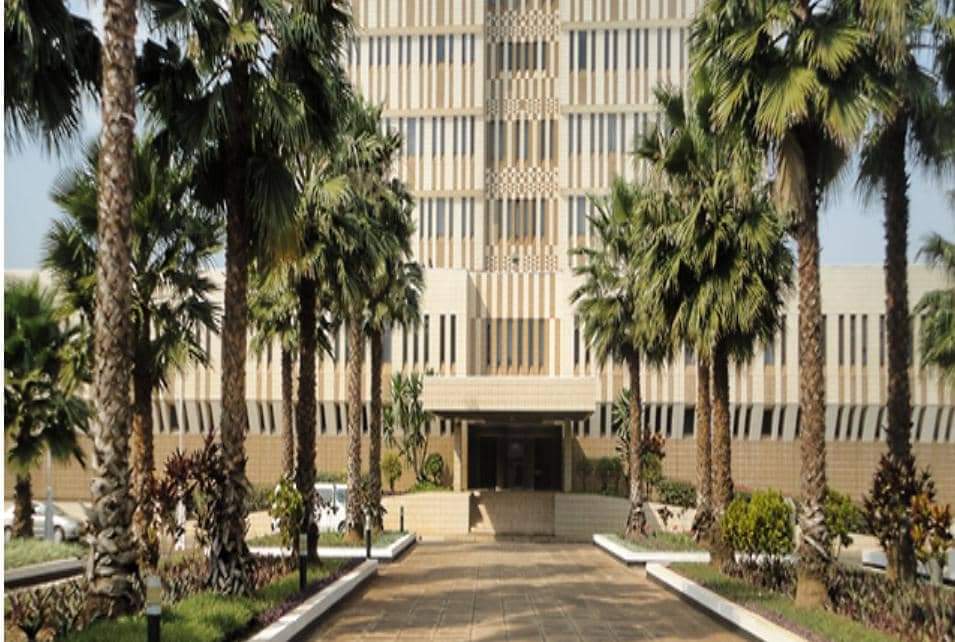By Burnett Munthali
The tragic plane crash in Chikangawa Forest on June 10, 2024, which claimed the lives of Vice President Saulos Chilima and eight others, continues to stir heated debates as the Commission of Inquiry’s report faces scrutiny from various quarters. The crash, described as one of Malawi’s most devastating tragedies, has not only left a political vacuum but has also raised unanswered questions surrounding the circumstances leading to the fatal incident.
The Commission’s report, released in late December, has been met with mixed reactions. While some applaud it as a step toward transparency, others have labeled it incomplete and biased. Critics argue that the report lacks sufficient evidence to rule out foul play, with some even alleging a politically motivated cover-up.
One of the most contentious points is the assertion that the plane crashed due to adverse weather conditions and possible pilot error. Eyewitnesses and commentators have raised doubts, citing inconsistencies in the timeline and the crash site’s accessibility. Some have gone as far as to suggest that the crash was staged or that the victims were killed before the incident.
Discussions among community members in the Chikangawa area have revealed skepticism. Several individuals have questioned why no locals heard the sound of the crash, despite the forest being a relatively quiet environment. Others have speculated about the possibility of the plane being forced to land or dismantled before the incident, citing the condition of the wreckage and bloodstains found on-site.
“The report feels rushed and does not provide clear answers. How can a plane crash and not produce a sound that locals could hear?” questioned one local resident.
The report has also drawn political implications, with opposition parties and social commentators accusing the ruling Malawi Congress Party (MCP) of influencing the findings. Some critics argue that the inquiry was not independent and allege that critical evidence, such as the black box data, was mishandled or omitted.
One commentator remarked, “This report reads like a script. We need an independent investigation, not one influenced by political affiliations.”
Conversely, MCP officials have dismissed the allegations, urging Malawians to focus on healing and unity rather than perpetuating conspiracy theories.
Many are now calling for an independent, internationally led investigation to restore public trust. The transparency of the inquiry has been a central concern, with stakeholders emphasizing the need for accountability and justice for the victims and their families.
As the nation grapples with the aftermath of this tragedy, it is evident that the Chikangawa crash report has not quelled public skepticism. With emotions running high and questions still unanswered, the calls for a thorough and impartial investigation are unlikely to fade anytime soon.
For now, Malawi waits, hoping that the truth behind the Chikangawa plane crash will one day come to light, bringing closure to a nation in mourning.
This article invites readers to engage in constructive discourse and reflect on the implications of this tragedy for Malawi’s political and social landscape.




